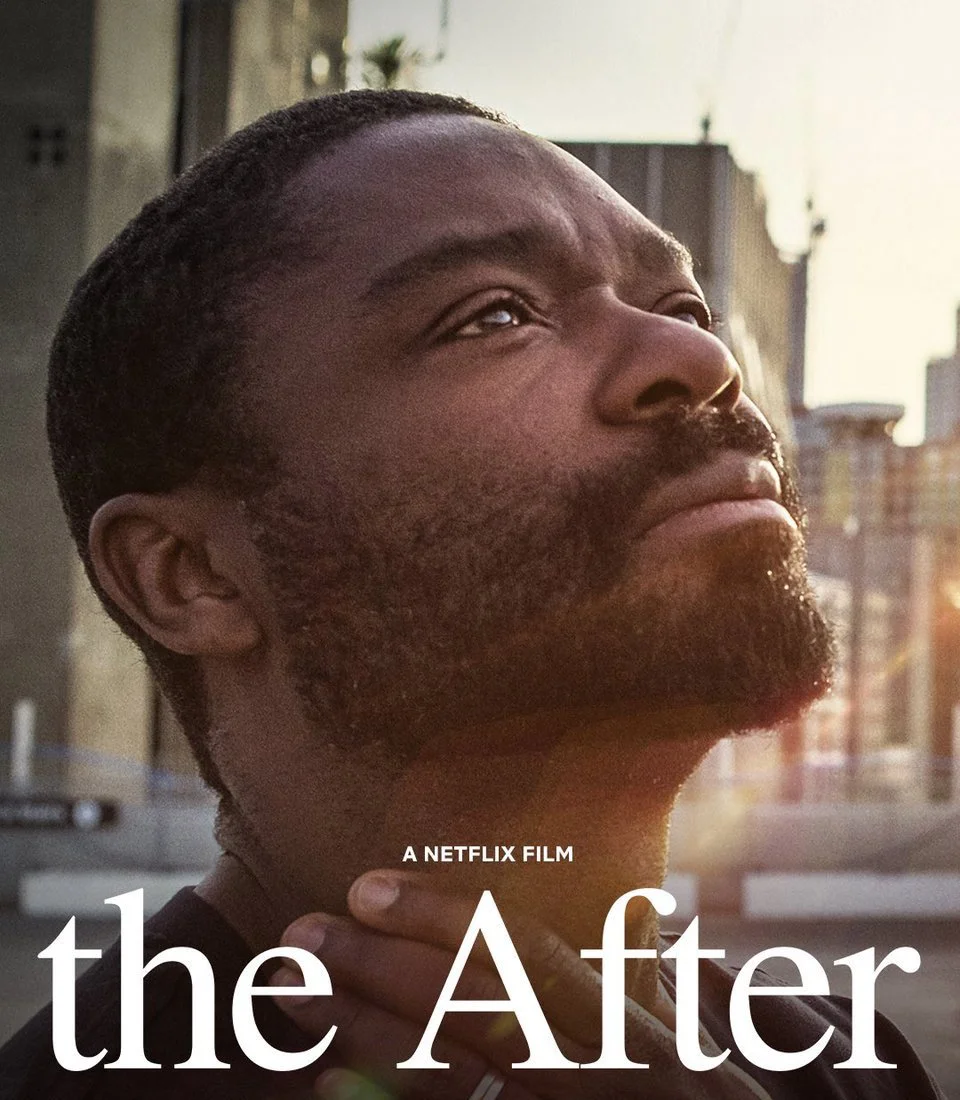Losing someone we love is one of the most heart-wrenching experiences in life, and dealing with grief can be overwhelming. It is common for people to suppress their feelings of loss and isolate themselves, leading to prolonged mental and emotional distress. But what if we could tap into our emotions and use them as a source of healing and strength? This is where cinema therapy comes into play, and the new Netflix short film "The After" by director Misan Harriman with actor David Oyelowo is a perfect example of how movies can help us recognize triggers, acknowledge feelings, and permit ourselves to experience the impact of grief and loss.
The After is an emotional yet beautiful short film that follows the story of a father who loses his young daughter and partner due to violence. The film is only 18 minutes long, but it is a powerful piece that showcases the pain and emotional turmoil of losing someone, especially to violence. It is a reminder that grief and loss can manifest in different ways and that it is essential to address these emotions to avoid prolonged mental and emotional distress.
The film highlights the emotional and isolating aspects of grief. When Oyelowo's character does not return to work after losing his daughter and partner, he struggles to connect with family, friends, and even supportive mental health services, leaving him isolated except for the experiences of those he encounters while driving for a rideshare service, which are all triggering in some way. Grief has an enthralling way of simultaneously disconnecting while connecting us to people, places, and even things. The pain of losing someone can be profound, and it can lead to an emotional detachment from the world, yet easily triggered by many things in our environment.
Suppressing emotions or not fully emoting the way one needs to is one of the most common harmful coping mechanisms that people use to deal with grief. In The After, Oyelowo's character is shown to suppress his emotions even when he is alone. The scene where he breaks down in front of a little girl who hugs him triggers an emotional response, and he is finally able to acknowledge his feelings and the impact of the loss entirely. This scene is loaded with so much to unpack, but overall, it shows how vulnerability and openness can help us process our emotions and move toward healing.
Grief is a complex and deeply personal journey, and it's crucial to address it early, often and honestly. Suppressing our emotions may seem like a way to cope, but it can lead to prolonged, unnecessary suffering. "The After" exemplifies the emotional rollercoaster following a tragic loss, reminding us that grief takes many forms and can manifest unexpectedly. It's a reminder that no one should experience it alone in their struggle and that we are all connected by the universal experience of loss.
As you navigate your own journey through grief and loss, remember these three helpful tools to recognize triggers, acknowledge your feelings, and permit yourself to experience the emotions:
Reflect on Your Triggers: Identify the people, places, or things that trigger your grief. By recognizing these triggers, you can better prepare and respond more healthily.
Embrace Vulnerability: Don't be afraid to be vulnerable and open about your emotions. It's okay to cry, to be angry, and to feel lost. Share your feelings with a trusted friend or therapist. Sometimes, talking about your grief can provide profound relief.
Give Yourself Permission: Understand that it's perfectly natural to feel grief and sadness after a loss, no matter how long it has been. Give yourself permission to experience these emotions without judgment. This act of self-compassion can be a crucial step in your healing journey.
As shown by "The After," cinema therapy can be a powerful tool in your mental health toolkit. It reminds us that we are not alone in our grief and that we can find the strength to heal by connecting with our emotions. So, embrace the healing power of "The After" and remember that your journey to recovery is unique and valid. Together, we can heal, one frame at a time.
